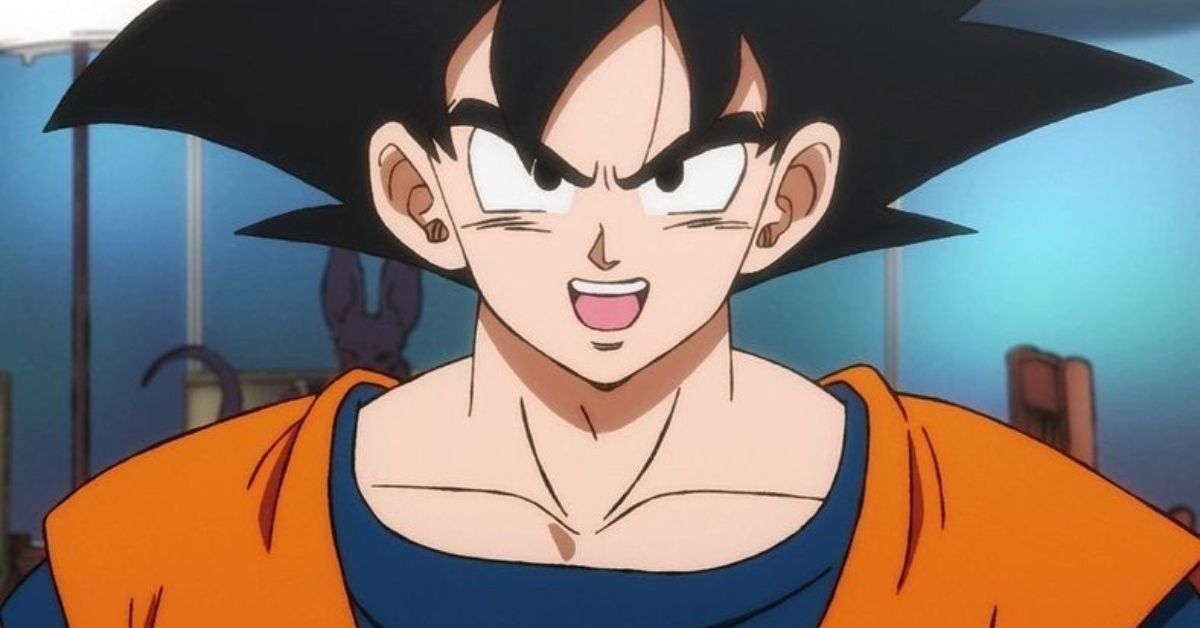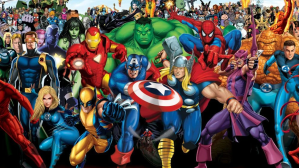Toei Animation is one of the biggest names in the anime industry, and it has tackled hit series from Sailor Moon to Dragon Ball. Of course, that means there are a lot of eyes on the studio, and that has become more prevalent over the years. So when the company’s president spoke about one of the biggest anime issues out there, fans listened.
Videos by ComicBook.com
As shared by Variety, Toei Animation has long relied on IP recognition to mine profit, but that landscape is changing in the industry. There are hundreds of shows coming out every year that challenge household franchises, and Katsuhiro Takagi is very aware of the issue.

“I feel that the number of hits is small compared to the number of works that are out in the world,” the president said when asked about anime’s emergence into streaming. “How do you now make a profit from animation works that are expensive to produce?”
This question has become even more relevant amidst the pandemic as COVID-19 forced studios like Toei Animation to rethink distribution. While streaming is massive with fans overseas, cable television and movie theaters are incredibly important in Japan. And as the international revenue for anime grows, streaming has pushed the anime industry to champion quantity over quality.
For studios like Toei Animation, the president and its executives have a saving grace. The company can always license its backlog hits like Sailor Moon, and franchise revivals are incredibly lucrative for series like Dragon Ball. These retro libraries can keep bigger studios afloat, but for small houses, a hit is necessary. This can be seen with series like Demon Slayer as its studio Ufotable has become a household name with fans despite being a smaller organization.
The quantity-quality issue has no good solution at this point, and it will continue to entangle the industry as distribution methods churn studios around. This issue is just one of several as the anime industry still struggles with low wages, hostile contracts, and impossible schedules. So despite anime’s swell in popularity, the industry has a lot to address if it wants to expand without cracking.
What do you make of the president’s comments here? Do you agree with their assessment? Share your thoughts with us in the comments section below or hit me up on Twitter @MeganPetersCB.








